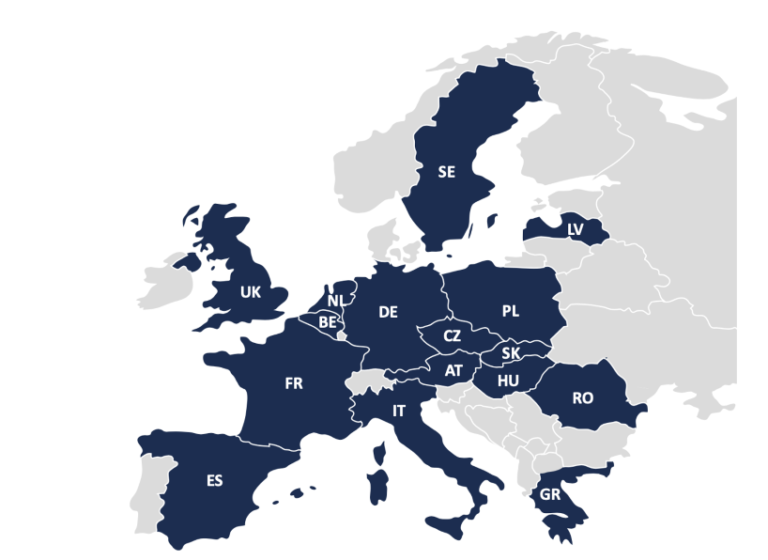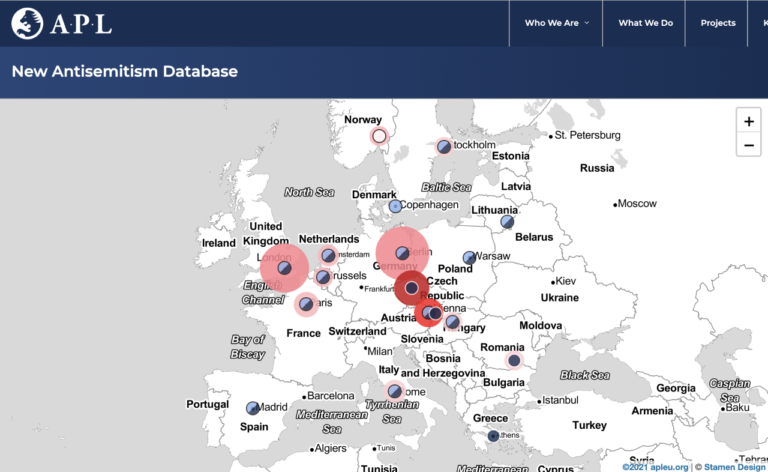The International Court of Justice (ICJ) ruled on Friday that Israel’s settlement policy and use of natural resources in the occupied Palestinian territories violates international law and that Israel must pay reparations to the Palestinians for the damage caused by the occupation.
The ICJ held a hearing in February, following the UN General Assembly’s overwhelming vote in December 2022 to give a non-binding opinion on the legality of Israel’s 57-year occupation of the Palestinian territories and East Jerusalem. Israel occupied the West Bank, East Jerusalem and the Gaza Strip in 1967.
In an opinion delivered on Friday, the UN court in The Hague said that „Israel’s transfer of settlers to the West Bank and Jerusalem and the maintenance of Israel’s presence in the occupied territories are contrary to Article 49 of the Fourth Geneva Convention”.
In reading the opinion, the court’s president, Nawaf Salam, said that Israel had violated Article 49(6) of the convention, which states that an occupying power may not settle or transfer part of its civilian population into the territory it occupies. Israel’s settler policy and its actions in relation to the Palestinian territories constitute a de facto annexation of a large part of these territories.
The court found that Israel systematically discriminates against Palestinians in the occupied territories, Salam stressed. The Israeli settlements in the West Bank and East Jerusalem were established and maintained in violation of international law, he underlined.
Salam recalled that the use of natural resources in occupied territory is „incompatible” with the international legal obligations of the occupying power. He added that, in the court’s view, Israel should pay reparations to the Palestinians for the damage caused by the occupation.
Israeli settlements in the occupied Palestinian territory are illegal. The ICJ president said that the UN Security Council and all states are obligated not to recognise the occupation as lawful or to provide aid or assistance to maintain it. All states must work together to bring the Israeli-Palestinian conflict to an end, the court president added.
At a hearing on the case in February, Riyad al-Maliki, Foreign Affairs Minister of the Palestinian National Authority, said, among other things:
Israel is pursuing a „colonial and apartheid policy” against the Palestinians. Israeli maps of the „new Middle East” do not include Palestinian territories. Al-Maliki stressed that Israel’s occupation is aimed at the total disappearance of Palestine and the destruction of the Palestinian people.
Israel has sent its views on the procedure in writing. Israeli Prime Minister Benjamin Netanyahu had already strongly criticised the hearing when the Assembly decision was made.
„The Jewish people are not occupiers of their own territory, including their eternal capital, Jerusalem, and there is no UN resolution that can distort this historical truth,” Netanyahu said.
Some opposition MEPs also condemned the decision. Benny Gantz, leader of the National Camp party, described the opinion as „external interference” and said that „we will continue to defend ourselves against those who seek our destruction; we will defend the one Jewish State”.
Left-wing opposition parties, however, have insisted that Israeli policy is flawed. Labour’s Gilad Kariv said the government was „de facto annexing” the West Bank, „stealing land” and refusing to negotiate with the Palestinians. This means, he said, that Israel will not be able to maintain its status as a democratic state.
The Palestinian Authority (PA), which lobbied for the UN General Assembly to seek the advisory opinion, welcomed the court’s opinion.
„PA President Mahmoud Abbas considers the ICJ’s opinion a historic decision and demands that Israel be compelled to implement the resolution,” reads the PA’s statement.
Abbas’s office added that the court’s decision is seen as a victory for justice, as it confirmed that the Israeli occupation is illegitimate. Hamas also praised the ICJ opinion.
The ICJ ruling is an advisory opinion with no direct legal consequences for Israel or other UN member states. Still, it could be another blow to the international image of the Jewish state and increase political pressure for war against Hamas.
Source: tev.hu
Photo credit: Remko de Waal/ANP/AFP via Getty Images







